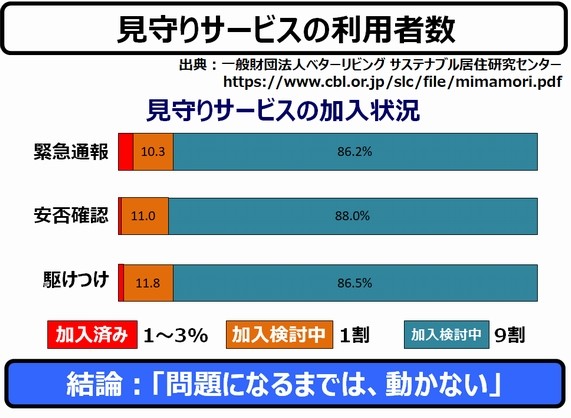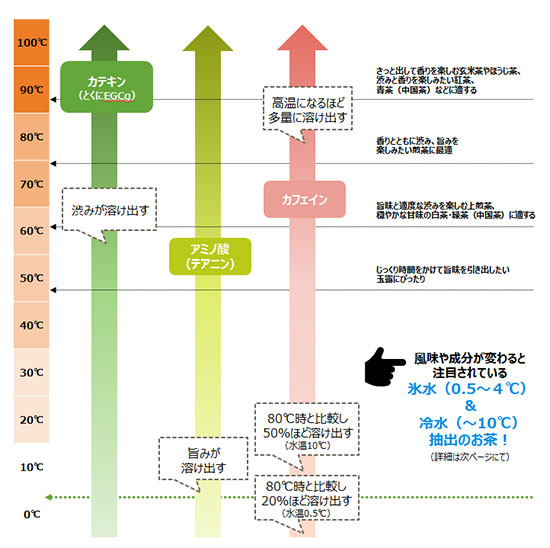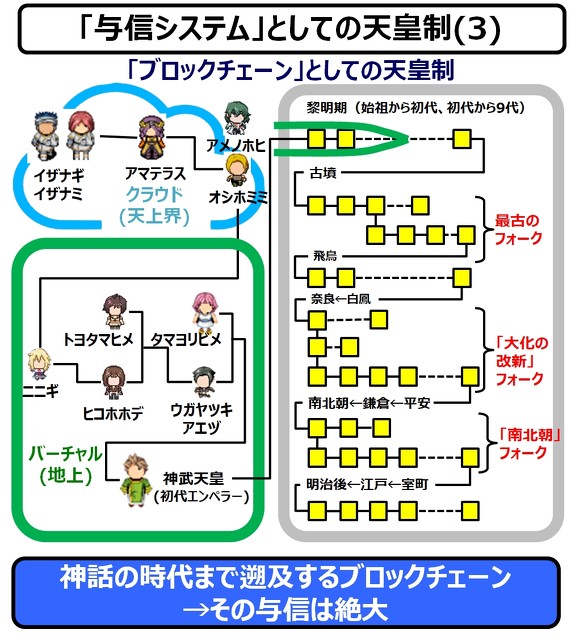以前から、地方鉄道の廃止問題について考えてきました。
I have long had opportunities to think about the issue of abolishing local railways.
赤字だから廃止、代わりにバスを走らせる――議論としては、もう何十年も見慣れた光景です。正直なところ、「まあ、そうなるよね」としか言いようがありませんでした。
Deficits led to the service's abolition, which was replaced by buses. This has been a familiar line of argument for decades. All one can say is, “Well, that figures.”
ところが、話を聞けば聞くほど、どうにも腑に落ちない違和感が残りました。鉄道をやめれば街が助かるわけでもなく、残せば人口が戻るわけでもない。どう転んでも、街は静かに縮んでいく前提が、すでに共有されているのです。
Yet the more I listened, the stronger a lingering sense of discomfort became. A town is not saved by abandoning railways, nor does its population return simply by preserving them. Either way, there is already a shared assumption that the city will quietly continue to shrink.
「これをひっくり返す」というのは、ほぼ“奇跡”と言って良いと思います――無理なものは無理なのです。
Reversing this situation could reasonably be called a “miracle,” and some things are simply impossible.
多分、地方を票田としている議員などは、選挙の時にだけやってきて、「すてきな奇跡の話の創作ストーリー」を語って、また東京に帰っていくのでしょうが――まあ、何十年も騙され続けるほど、人間はバカではありません。
Politicians who rely on rural areas as vote banks likely appear only during election seasons, spinning pleasant stories of miraculous revival before returning to Tokyo. But people are not foolish enough to be deceived like that for decades.
-----
そこで、ふと思いました。
That was when a thought occurred to me.
「これは交通の問題ではなく、街の“終わり方”の問題なのではないか」と。
Perhaps this is not a transportation issue at all, but a question of how a town comes to an end.
鉄道の廃止は、単なる手段であって、本質ではないのではないか、と。
The abolition of railways may be merely a means, not the essence of the problem.
人間には寿命があります。それを前提に、教育があり、年金があり、終末期医療があります。
Human beings have finite lifespans. On that assumption, we design education systems, pensions, and end-of-life care.
それなら、街にも寿命があると考えて、何がそんなにおかしいのでしょうか。
So what is so strange about thinking that towns, too, have lifespans?
ただ、人間の寿命と街の寿命には、決定的な違いがあります。それは、「この街は30年後に閉じます」と宣言した瞬間、すべてが壊れ始めるということです。
There is, however, one crucial difference between human lifespans and those of cities. The moment you declare, “This town will close in 30 years,” everything begins to fall apart.
例えるのであれば、30年後に倒産を宣言した会社に、誰が投資するでしょうか。するはずがありません。未来を設計したつもりが、現在を破壊する――これは、ほぼ確実に起きます。
Who would invest in a company that announces it will go bankrupt in 30 years? No one would. In trying to design the future, you end up destroying the present. This is almost certain to happen.
では、いっそ何もしないのが一番なのか。街の死は自然に任せ、静かにその時を待つ。私は「それが正解ではないか」とも思いました。
So would it be best to do nothing at all? To leave a town’s death to nature and quietly wait for the end? For a moment, I thought that might be the correct answer.
ところが、この「無策」の策も、よく考えてみると、あまり上手くありません――というか「最悪」。
But upon closer thought, this strategy of “doing nothing” does not work well indeed; it works quite poorly.
「無策」は自然死ではありません。例えるのであれば、診療所がある日突然消え、除雪が来なくなり、最後に残った人が最も酷い目に遭う。
Doing nothing is not a natural death. Clinics disappear overnight, snow removal stops, and those who remain to the very end suffer the worst.
これは街の老衰死ではなく、街の事故死、または災害死です。
This is not a town dying of old age, but a town dying in an accident.
鉄道廃止の現場でも、同じことが起きています。ある日突然、ダイヤが消え、代替交通は十分に整わず、動けない人だけが取り残される。ここにあるのは効率化ではなく、「責任の先送り」です。
The same thing happens in cases of railway abolition. One day, the timetable disappears; alternative transport is inadequately prepared; and only those unable to move are left behind. What we see here is not efficiency, but the deferral of responsibility.
----
私が思うに、現実に選ばれているのは次の第3の道です。
In the end, what is actually chosen is a third path.
終わりは宣言しないが、延命もしない。偶然には任せないが、未来も決め切らない。
The end is not declared, yet life is not artificially prolonged. Nothing is left to chance, but the future is not entirely predetermined.
人が安心して生き切れるだけの、最低限の設計を続ける。水と医療と移動は最後まで残し、大規模更新はしないが、致命的な破綻は防ぐ。
Design is maintained at the minimum level necessary for people to live in peace. Water, healthcare, and mobility remain until the end. Large-scale renewal is avoided, but catastrophic collapse is prevented.
これは街の安楽死ではなく、街の緩和ケアです。
This is not euthanasia for a town; it is palliative care.
ここで重要なのは、「最適解を出そうとしない」ことです。代わりに「最悪解を避け続ける」。実は人間は、日常生活ではこれを驚くほど上手にやっています。
What matters here is not finding the optimal solution. Instead, it is about continually avoiding the worst one. In fact, humans do this remarkably well in everyday life.
ただ、この第3の道も問題があります。「最悪解を避けることを目標とせよ」と明文化した途端、人間は動かなくなることです。
Yet this third path has its own problem. The moment you formalize “avoid the worst outcome” as a goal, people stop acting.
成功が見えず、達成感がなく、誰も英雄になれないからです。人間は「論理」ではなく、「物語」で動く生き物です。
There is no visible success, no sense of achievement, and no heroes to celebrate. Humans are driven not by logic, but by stories.
それ故、この種の政策はKPI(Key Performance Indicator)と相性が最悪です。「街の死に方を数値化して評価する」など、悪魔のフレーズと言えましょう。
For this reason, such policies are fundamentally incompatible with KPIs. “Quantifying and evaluating how a town dies” is a phrase worthy of the devil.
それ故、この問題は「KPIを設定しない怠慢」ではありません。その逆――KPIを設定しないという、高度に自覚的な判断です。成功を数えない代わりに、致命的な失敗だけを徹底的に避ける。
Thus, this is not a failure to set KPIs. Is it the opposite, a highly self-aware decision not to set them? Instead of counting successes, it focuses on avoiding fatal failures at all costs.
人は「安心して暮らせる」「生き切れる」「選択肢が残る」という前向きな言葉で動きます。その裏側で、「不可逆な破壊を起こさない」というブレーキを、静かに踏み続ける。表は希望、裏はリスク管理。これが大人の政策です。
People are motivated by positive words such as “living in peace,” “living life to the end,” and “having options.” Behind the scenes, a brake labeled “do not cause irreversible destruction” is quietly applied. Hope on the surface, risk management underneath. This is what adult policymaking looks like.
街を殺そうとせず、しかし、いたずらに街を救おうとしないこと。緩やかな崩壊を受け入れること。
Do not try to kill a town, nor to save it unnecessarily. Accept its gradual decline.
地域鉄道の廃止問題を考えていたはずが、気がつけば「街の死に方」について考えていました。
I started out thinking about the abolition of regional railways, and before I knew it, I was thinking about how towns die.
つまるところ、成熟社会の街づくりとは、拍手も喝采もなく、怒号を減らすことに注力する仕事になるのだと思います。
Ultimately, urban development in a mature society becomes work that earns no applause or cheers, but instead focuses on reducing outrage and shouting, at least reducing the shouting.
――でも、それで十分ではないでしょうか。
Perhaps that is enough, I think.
会社の同僚に聞いた話なのですが「地元の鉄道が廃線になったけど、BRTの導入で逆に移動が快適になった」という話を聞きました。


